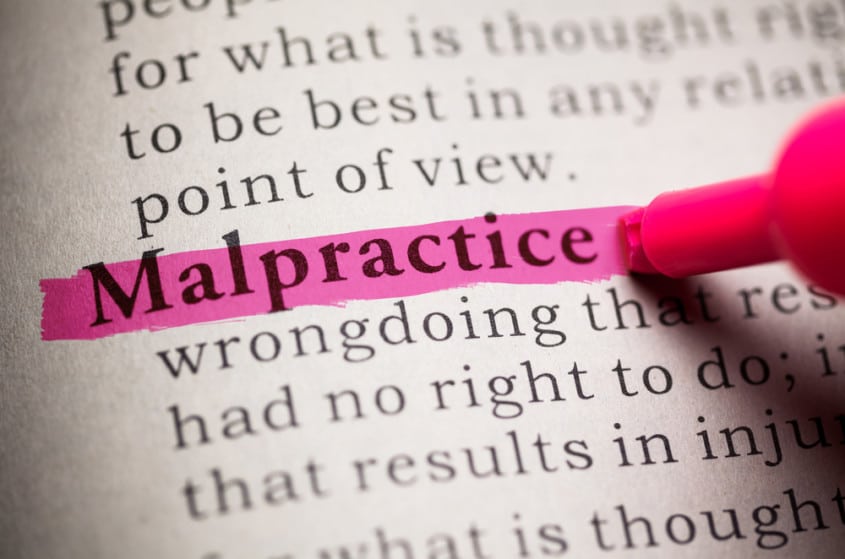Medical Malpractice Claim Checklist
Professionals in the medical field are entrusted with a responsibility to perform their professional duties with care, attention, and safety. Paramedics, nurses, doctors, optometrists, chiropractors, and dentists have your health in their hands. Unfortunately, there may be instances in which their actions are negligent or reckless, demonstrate sub-standard care, and cause you harm. Examples of medical malpractice include failure to diagnose, improper treatment, and failure to warn you of the known risks of a procedure or treatment. Follow this checklist if you believe you may have a medical malpractice claim:
Contact a Malpractice Lawyer
If you have been the victim of medical malpractice, your first step should be to contact a seasoned medical malpractice lawyer. Ottawa lawyers with malpractice specialization have the experience and knowledge to find you the best legal resolution for your claim. Your malpractice lawyer understands the process and will make sure no stone is unturned and nothing slips through the cracks. Your malpractice lawyer also has connections and resources to help your legal claim, like access to expert witnesses who can attest at trial to the harm of negligent and reckless actions by medical professionals.
Document Everything
If you believe you have been harmed by the negligent or reckless actions of a healthcare professional, it is vital that you document everything. Take pictures of your condition, making sure to record the injuries change over time. Write down your memories of the events. Your lawyer may wish to interview family, friends, and other relevant parties to attest to your condition before and after the malpractice took place.
Collect Records
You or your malpractice lawyer should collect all of your medical records. These will be vital in demonstrating that the actions of the healthcare professional were negligent, careless, or ignorant.
Give Notice of Intent
If you intend to make a malpractice claim, in some jurisdictions you must give the accused medical professional a notice of your intent. You do not necessarily have to follow through with filing a lawsuit, and this warning can help both parties come to an alternative resolution outside of the courts.
Act Fast
There are relatively short statutes of limitations on most medical malpractice claims. In Ontario, plaintiffs should act within two years of perceiving negligent actions. If you believe you may have a viable malpractice claim, contact a lawyer immediately to start the process lest the limitation period expire and you receive no compensation for your harm.
If a medical professional has provided you with sub-standard care, you may have a viable medical malpractice claim. Follow this list and speak with an experienced lawyer to help resolve your case and find the compensation to which you may be entitled.



No Comments